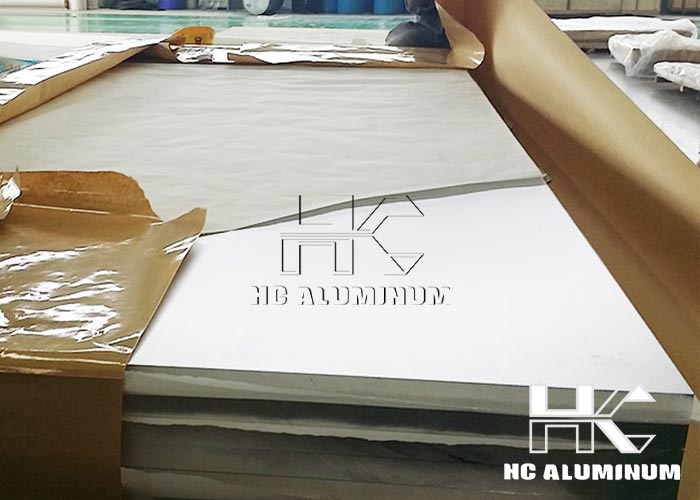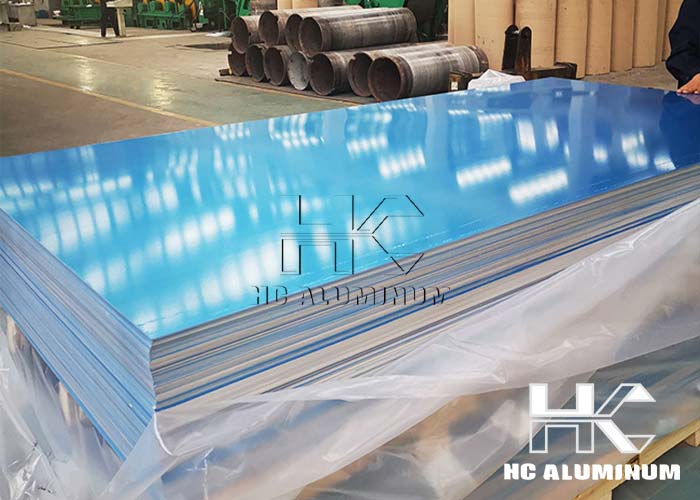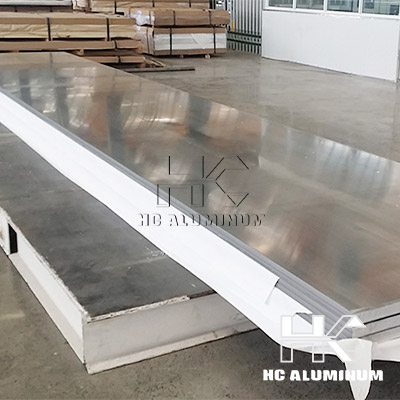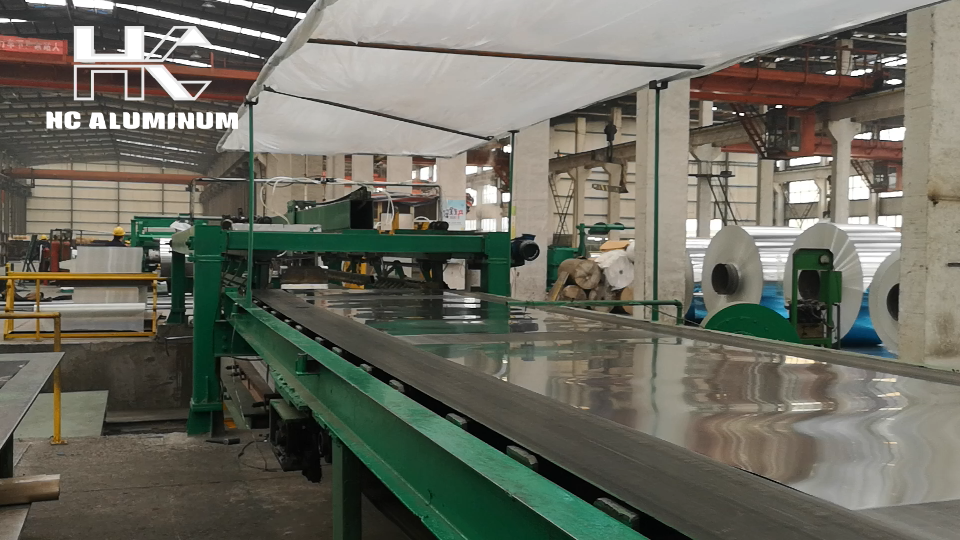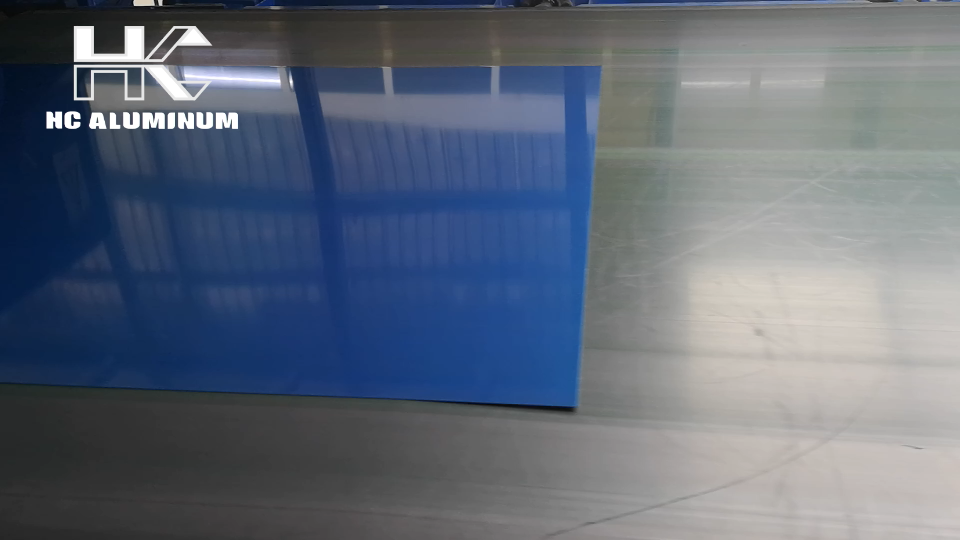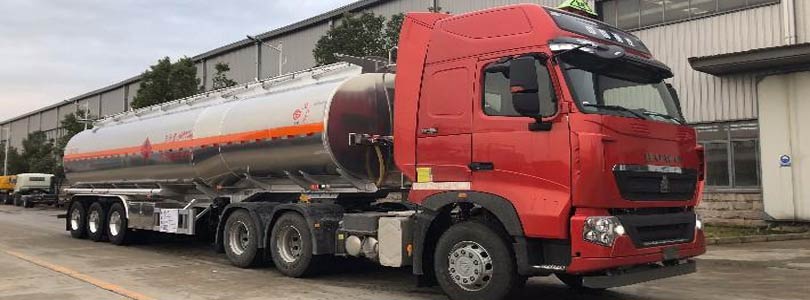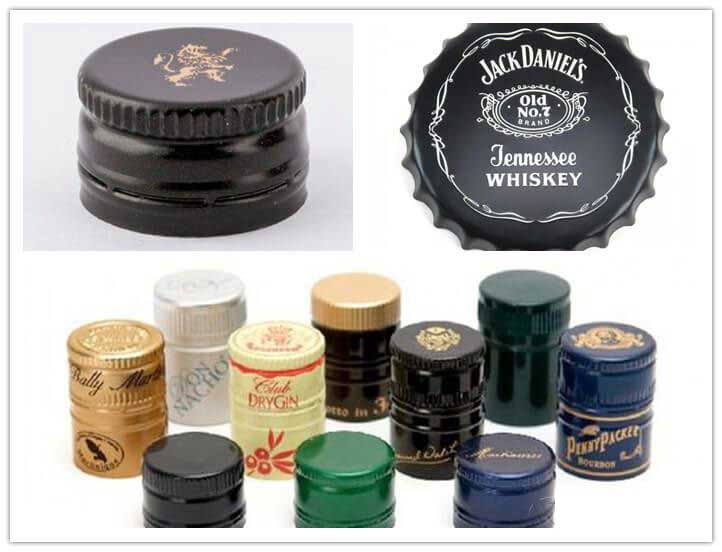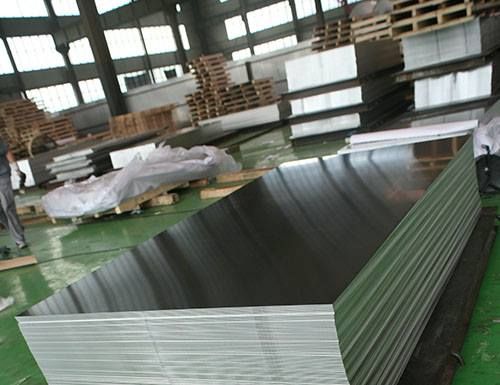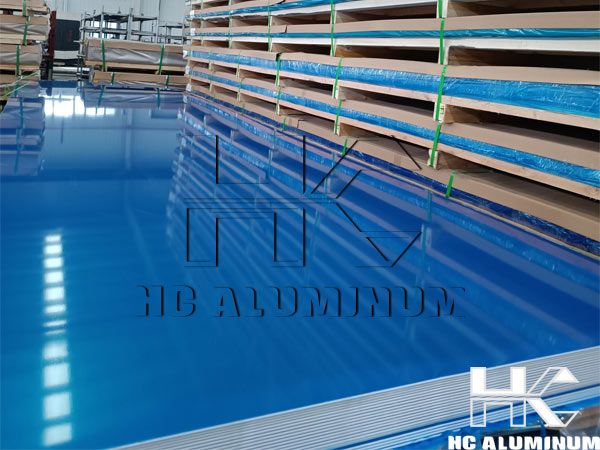5083 O Aluminum Sheet
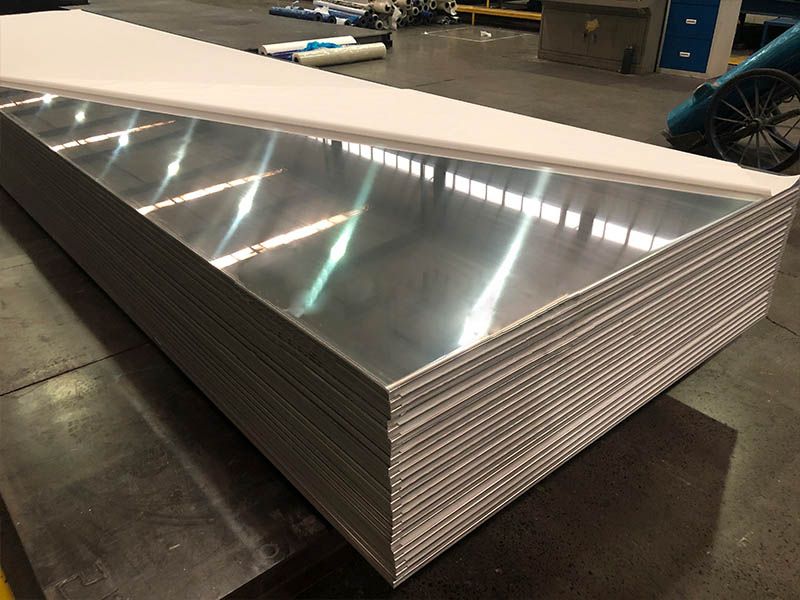
5083 O aluminum sheet is an aluminum alloy plate belonging to the aluminum-magnesium alloy family. Its primary components are aluminum, magnesium, and smaller amounts of elements such as manganese and silicon.
5083 O aluminum sheet is an aluminum alloy plate belonging to the aluminum-magnesium alloy family. Its primary components are aluminum, magnesium, and smaller amounts of elements such as manganese and silicon. 5083 aluminum alloy is renowned for its excellent corrosion resistance, weldability, and processability, making it commonly used in shipbuilding, transportation, pressure vessels, and construction. In its "O" state, 5083 aluminum plate undergoes annealing, exhibiting high ductility and good plasticity, making it suitable for further processing into complex parts.

5083 belongs to the Al-Mg family of aluminum alloys (5xxx series). Its chemical composition not only determines its fundamental properties but also directly impacts its processing and performance. Specifically:
- Aluminum (Al):
Serves as the matrix, accounting for approximately 93%-95%, providing the material's basic form and plasticity, while also serving as a carrier for other alloying elements.
- Magnesium (Mg):
A core alloying element (4.0%-4.9%), it is the primary contributor to 5083's strength. Magnesium forms a solid solution with aluminum, increasing the alloy's strength through solid solution strengthening. Furthermore, the addition of magnesium significantly improves corrosion resistance, particularly in chloride-containing environments such as seawater, where it forms a dense oxide film that inhibits corrosion spread.
- Manganese (Mn):
0.40%-1.0% manganese forms an Al₆Mn compound with aluminum, refining the grain size and further improving strength and fatigue resistance. Furthermore, manganese reduces the alloy's susceptibility to stress corrosion cracking, preventing sudden fracture under prolonged stress and corrosive conditions.
- Chromium (Cr):
0.05%-0.25% chromium plays a key role, forming fine Cr-rich phases (such as Al₇Cr) that pin grain boundaries and prevent grain growth. This ensures a uniform structure in the annealed state and enhances corrosion and exfoliation corrosion resistance (especially in high-temperature environments).
- Titanium (Ti):
≤0.15% primarily acts as a grain refiner. During the casting or hot rolling process, titanium forms TiAl₃ particles, which serve as nucleation cores, refine the ingot grain size, and reduce "anisotropy" (property differences in different directions) during subsequent processing.
- Impurity elements (Si, Cu, Zn, etc.):
Strictly control low levels (e.g., Cu ≤ 0.1%). Copper reduces corrosion resistance and increases the risk of stress corrosion; excessive silicon forms hard and brittle phases (e.g., Mg₂Si), affecting plasticity and workability.
Mechanical Properties
The mechanical properties of aluminum 5083 O are not fixed values and are affected by thickness, processing technology and other factors. The following is a typical range and test background:
- Tensile strength (σb): 110-136 MPa (annealed). Testing standards are GB/T 228.1 or ASTM B557. Standard tensile specimens (e.g., 10 mm diameter) are used. Testing is performed at room temperature (23 ± 5°C) at a tensile speed of 5-50 mm/min.
- Yield Strength (σ0.2): ≥110 MPa (stress at 0.2% plastic deformation). A low yield strength is typical of the "O state" (annealed), indicating excellent plasticity and suitability for processes requiring large deformation, such as bending and stamping.
- Elongation (δ10): ≥20% (elongation after fracture at a gauge length of 10 times the diameter). High elongation means the material can withstand significant deformation before fracture. For example, a bending radius as small as 1-2 times the sheet thickness can be achieved without cracking.
- Hardness (HV): Approximately 30-40 HV (Vickers hardness). This is significantly lower than that of hard aluminum alloys (such as 6061-T6, which is approximately 95 HV), further demonstrating its "soft" nature.
- Anisotropy: Due to the alignment of grains along the rolling direction during rolling, properties differ slightly between the longitudinal (rolling direction) and transverse (perpendicular to the rolling direction). Transverse elongation is typically 1%-3% lower than the longitudinal direction, but this has little impact on general applications.
Performance Characteristics of 5083 O Aluminum Plate:
1. Corrosion Resistance: The "Preferred Material" for Marine Environments
- Seawater Corrosion Resistance:
In a 3.5% sodium chloride solution (simulated seawater), the corrosion rate is ≤0.01mm/year, significantly lower than that of ordinary steel (approximately 0.1-1mm/year). This is because the addition of magnesium forms a MgO-rich oxide film on the alloy surface, which, in conjunction with Al₂O₃, blocks chloride ion penetration.
- Stress Corrosion Cracking (SCC) Resistance:
Aluminum 5083 O exhibits little SCC in the annealed state, but may be susceptible in the cold-worked state (such as H112). This is due to the low internal stress in the O state and the suppression of intergranular corrosion by chromium.
- Exfoliation Corrosion Resistance:
In tropical marine atmospheres or industrial environments, the risk of exfoliation corrosion (a type of lamellar corrosion along grain boundaries) is low, making it superior to chromium-free 5xxx aluminum alloys (such as 5052).
2. Processing Performance: The "benchmark" of plasticity and formability
- Cold Workability:
5083 aluminum plate can perform deep stamping (e.g., stretching into complex curved parts), spinning (manufacturing round cylinders), and bending (with a minimum bending radius of up to 0.5t, where t is the plate thickness), making it suitable for the production of special-shaped structural parts.
- Weldability: Compatible with various welding methods:
Tiger arc welding (TIG/MIG): Welded joint strength can reach 85%-95% of the parent metal, with corrosion resistance in the weld zone approaching that of the parent metal, eliminating the need for post-weld heat treatment.
Resistance welding: Suitable for joining thin plates, with minimal distortion and high efficiency.
Friction stir welding (FSW): Provides superior weld quality, free of pores and cracks, and is commonly used in high-strength structures such as ships.
- Machinability:
Due to the soft material, it is prone to sticking during cutting. High-speed steel or carbide cutting tools are required, and cutting fluid (such as emulsion) is required to prevent surface scratches.
3. Lightweight and Cost-Effectiveness
- Density: Approximately 2.66g/cm³, only one-third that of steel and lighter than copper alloys (approximately 8.9g/cm³), making it suitable for weight-sensitive applications (such as automobiles and ships).
- Cost: Lower than 7xxx series (high-strength aluminum alloys) and titanium alloys, and with low processing costs (no complex heat treatment required), it offers a better cost-effectiveness than most structural materials.
Applications of Aluminum Sheet 5083 O:
- Automotive Manufacturing: Used in the manufacture of engine guards, window regulators, seat frames, brackets, and bushings in suspension systems. Its lightweight and corrosion resistance contribute to reduced vehicle curb weight and improved fuel economy.
- New Energy Batteries: A commonly used material for side panels and separators in new energy vehicle power batteries. Its low density, high strength, and excellent processability effectively protect the internal batteries while meeting lightweight design requirements.
- Shipbuilding: Commonly used in the manufacture of sheet metal and hull structural components for ships and vessels. Its excellent corrosion resistance allows it to withstand marine environments and ensure the vessel's longevity.
- Aerospace: It can be used in the manufacture of aircraft fuel tanks, fuel pipes, and other components. Its corrosion resistance and strength meet the strict material requirements of the aerospace industry.
As the above details demonstrate, 5083 O aluminum sheet, with its balanced combination of corrosion resistance, formability, and cost-effectiveness, has become a leading material in the medium-strength, corrosion-resistant sector.
TABLE OF Contents

HENAN HC ALUMINUM CO., LTD
Tel: +86-371-58525958
Email: sales@aluhc.com
Website: https://www.aluhc.com
OFFICE ADDRESS: 1107, Lujin Building, CBD, ZHENGHZOU, HENAN CHINA
CONTACT: MR. MA
CELL/Whatsapp: 008618137889531



